Eliminating Aluminum From Our Homes
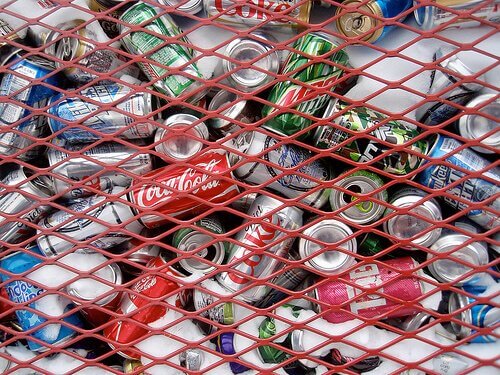
Written by Brandy, Contributing Writer
Our bodies are exposed to pollutants before we’re even born. Many pollutants, like the ones in our air, are unavoidable. But there are many toxins that we can choose to avoid. Aluminum is one of those toxins.
The scary truth about aluminum is that it is found in so many things in our world and it is toxic to our bodies, even in small amounts. From household products to vaccinations, aluminum pervades our lifestyle, and if not monitored closely, can easily make its way into our bodies causing lasting, harmful effects.
Aluminum is found in:
- antacids
- dyes
- cake mix
- processed cheese
- deodorants
- baking soda/powder
- foil
- cookware
- vaccinations
- shampoos
- cosmetics
- lotions
- soda cans
- soy based and/or lactose intolerant baby formulas
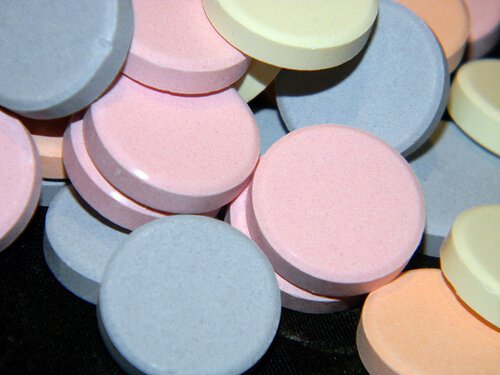
Image credit
The Dangers of Aluminum
- linked to Alzheimers
- epilepsy
- dementia
- osteomalacia
- ADD
- chronic fatigue syndrome
Avoiding Aluminum
- Avoid using disposable aluminum pans for cooking. Use glass pans for baking, stoneware for cookie sheets, and cast-iron for stove-top cooking.
- Do not wrap food in foil to cook in oven or on grill. Potatoes bake just fine with no wrapping at all on oven rack.
- Don’t use deodorant that contains aluminum. Try using baking soda (as long as it is aluminum-free, too) or buy all-natural, aluminum-free deodorant, or make your own.
- Read all labels on food and pay attention to packaging. Acidic foods in aluminum cans react, causing the aluminum to leach into the contents of the can.
- Use all-natural shampoos, soaps, lotions, and cosmetics.
- Avoid aluminum-containing antacids. Try natural remedies for heartburn and indigestion like sipping a glass of water with one tablespoon of apple cider vinegar, eat fresh pineapple or papaya, chew a sprig of parsley, drink a cup of peppermint tea, drink aloe vera, or coconut water, or milk.
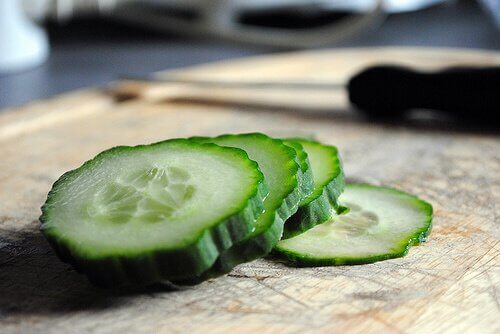
Image credit
Combatting the effects of aluminum:
- Eat a healthy diet.
- Drink high silica content mineral water.
- Eat organic cucumbers, which are one of the foods that are high in silica content.
- Learn how to detox.
This post is part of Spring Clean the Toxins, our series intended to help bring awareness to the hidden toxins around us, as well as ideas for what to do about them. You can read more posts in this series here.



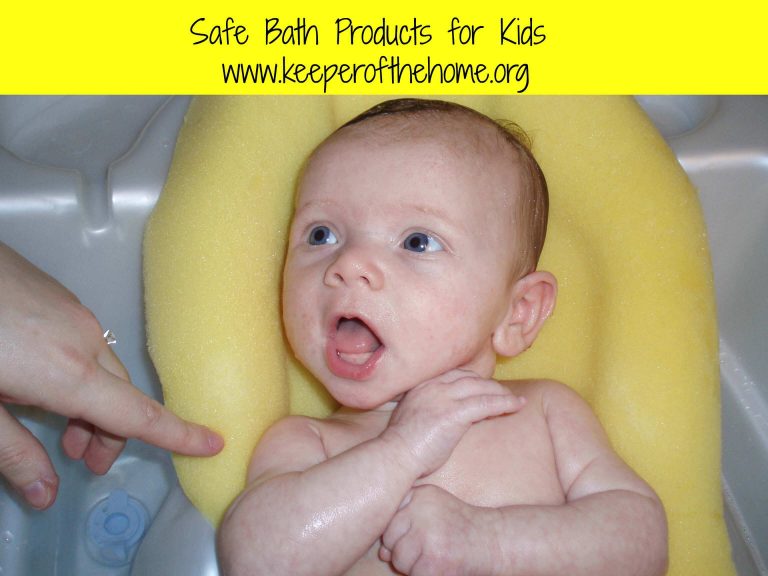
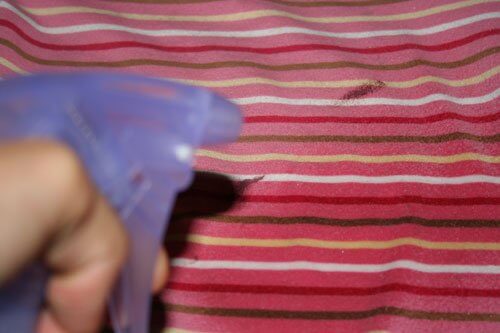
I had no idea it was in so many things! Yikes. Thanks Brandy for the eye-opener.
I used to use aluminum pans to make extra meals in, to go from the freezer to the oven in. Trying to avoid these now, what do you recommend using to freeze meals in?
I freeze meals either in the Ziploc freezer bags (but only put it in once it’s cool), or else I use casserole dishes that come with plastic lids. Or, I will use Tupperware-style containers, but preferably ones made with glass, like the Pyrex ones. I don’t ever buy the aluminum pans from the store anymore. I probably haven’t for over 5 years and I honestly don’t even miss them. 🙂
I have become more aware of these items lately. But as far as foil, what do you use instead? I occasionally use it to bake on and insulate food in the freezer.
I only ever use foil for covering up a dish, but never allow it to touch food, and I try to hardly even use it for that purpose (but use dishes with glass lids, instead). I have a lot of various sizes and shapes of casserole dishes with lids.
For baking, I use unbleached parchment paper. It makes baking such a breeze, but it doesn’t have any health concerns. Also, if can often be re-used if you’re the frugal sort. Depending on what I baked with it, I will re-use parchment paper at least once, sometimes more. I also tend to reach for parchment when freezing foods, if some sort of wrap is necessary.
Parchment paper
To Stephanie: my family started using a convection oven a few years ago, and parchment paper fits on the trays just right. We use parchment paper when cooking pizza, backing cookies, etc.
I LOVE my little convection toaster oven. 🙂
Hi Brandy,
I was surprised to see processed cheese on the list, containing aluminum. Can you please tell me about this?
Thank you!
Hi Jesse! Great question! Especially single sliced processed cheeses can contain aluminum as an emulsifier. Also, I read that some machines that package processed cheeses use aluminum parts in handling.
Just in case anyone is wondering, here’s a link that talks about baking soda (not to be confused with baking powder) and aluminum, or the lack of aluminum in it. http://www.gapalicious.com/2011/05/09/does-arm-and-hammer-baking-soda-contain-aluminum/
i was also going to mention that baking soda has no aluminum and that people get it confused with baking powder.
I’m pretty sure you’re right. It’s an area of confusion, and info on the web can be conflicting, but from all that I’ve read I would agree that baking soda doesn’t have aluminum in it.
Baking powder, however, definitely can and sometimes does, so always look for baking powder that states it is aluminum free. I personally like Rumford.
I had a question about the baking soda/powder too. Fact is that neither baking soda or powder lists aluminum (I am in Canada), so can I trust the listing and believe there is none?
Thank you so much for the information, I need to be mo aware of aluminum.
Susie, thanks for sharing that link! It’s the same one I was going to share! 🙂
Thanks for this great post, Brandy! I tried to comment earlier and could never get the comments to come up. I had never heard of silica! Great to know of ways to combat aluminum b/c I know I definitely haven’t eliminated it all from our home yet!
So is aluminum an ingredient in these things? How do you tell if it’s in stuff?
Wow! I had no idea aluminum was in all that stuff! Question about a replacement for foil – what should I use to shield something in the oven frm browning too fast, such as bread?
parchment paper, Marishannon.
Thank you for this post! I knew of a few of the products you listed , but not all. Time to be more conscious of my purchases.
Thanks for posting about aluminum, Brandy!
Recently, I started using aluminum-free deodorant. At first, I thought the aluminum-free deodorant would not work as well as its counterparts, but it keeps me from perspiring.
I always thought that crystal rock deodorant was aluminum free, but heard a guy talking about it, and then googled it, well it’s not, one of the signs is a itch on your neck, google it, meaning to much in your body, but thankful for silica.
Does coconut flour have aluminum or almond meal?